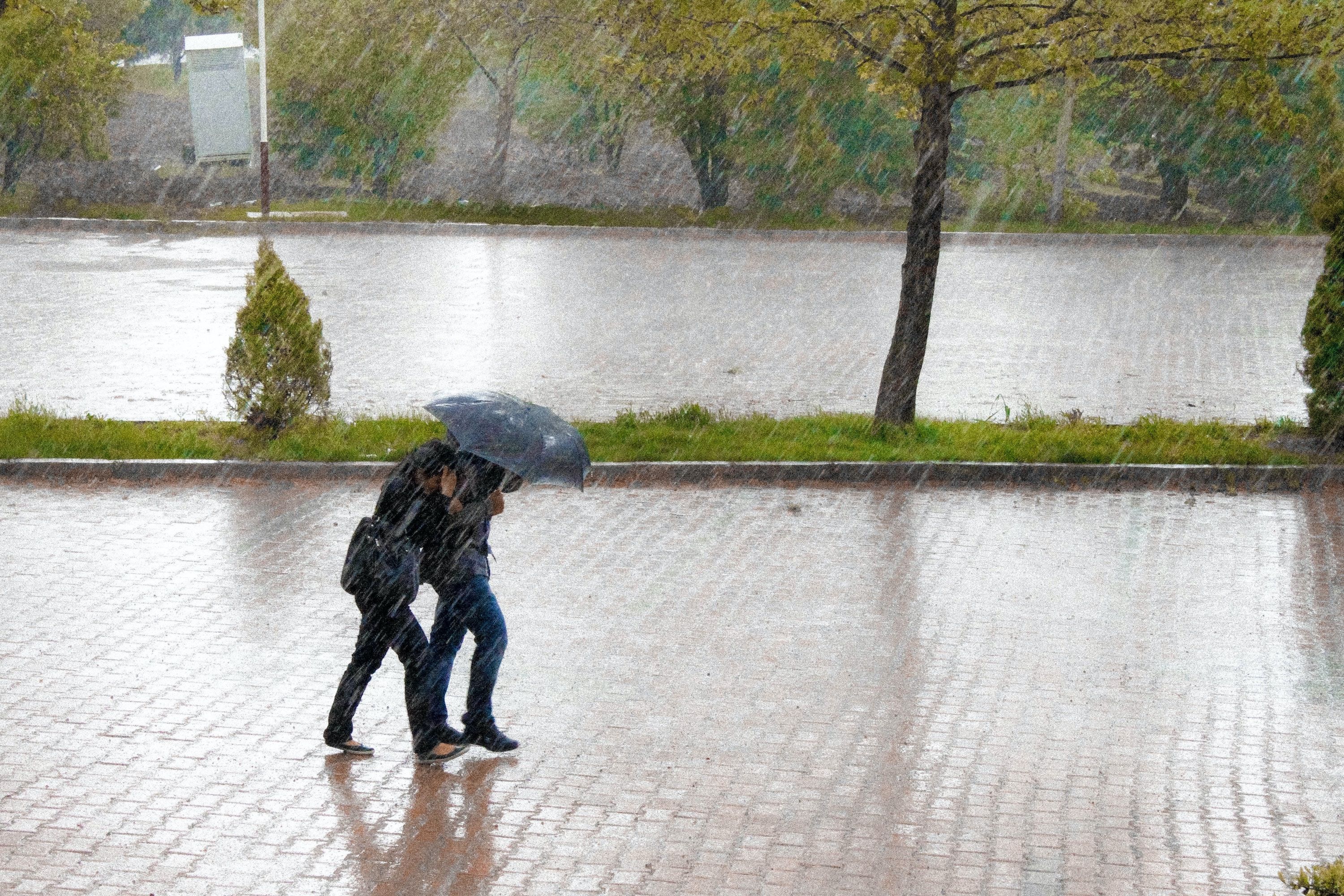Denmark received 140.7 millimeters rainfall in July, making July 2023 the wettest since 1874, when precipitation began to be measured in Denmark.
August has started just as dismal, and this week is off to a really bad start. On Sunday evening and night, it rained a lot in the capital area. It calms down on Monday, but the wind doesn’t.
“It is more reminiscent of autumn weather than summer weather. The week starts wet and very windy,” Anja Bodholdt, meteorologist on duty at Denmark’s Meteorological Institute, said.
It could be a weather forecast for October or November.
Very windy
In general there is an outlook for strong winds to severe gales on Monday.
On the coasts of North Zealand, the average wind will have the strength of a stormy gale, and there may be gusts of storm force.
“The wind will be strongest in the morning and subside a bit in the afternoon, but it will pick up again in the evening and night. There will be strong winds to severe gales and in many places’ gusts of storm force,” the meteorologist said.
The wind will continue Tuesday, where it is expected to peak in strength before easing a bit on Wednesday.
“We have to go to Friday, before it maybe brightens up a little bit and then to the weekend, when there may be further improvement,” Anja Bodholdt said.
Extreme weather in Norway and Sweden
If you think the week is starting gloomy in terms of weather, then you can be glad that you are not in Sweden or Norway.
In Norway, there are considerations to stop train traffic, and red danger alerts have been issued for the southern parts of the country. Here, from 80 to 100 millimeters of precipitation is expected in 24 hours.
In Sweden, the weather services have predicted extreme amounts of rain in almost the entire southern part of the country.















